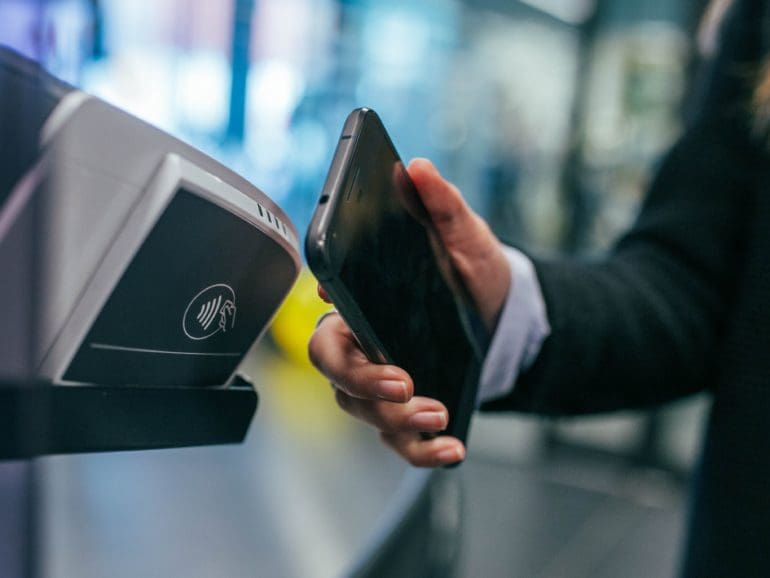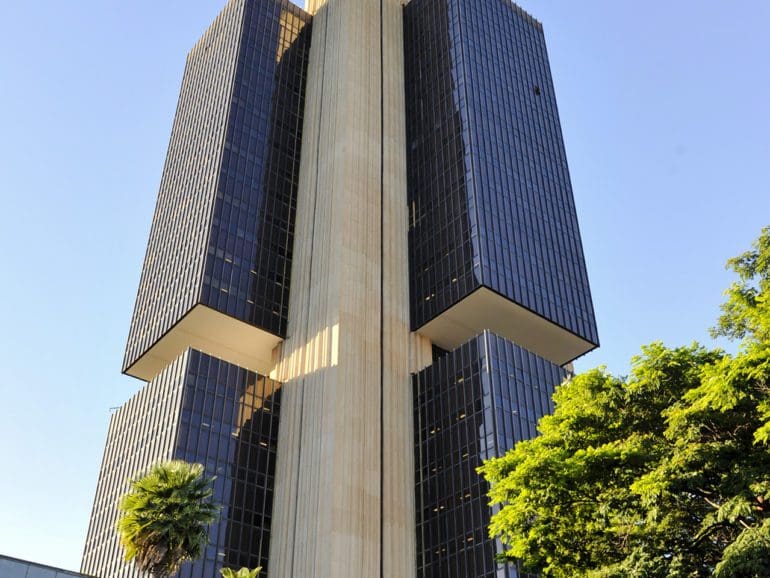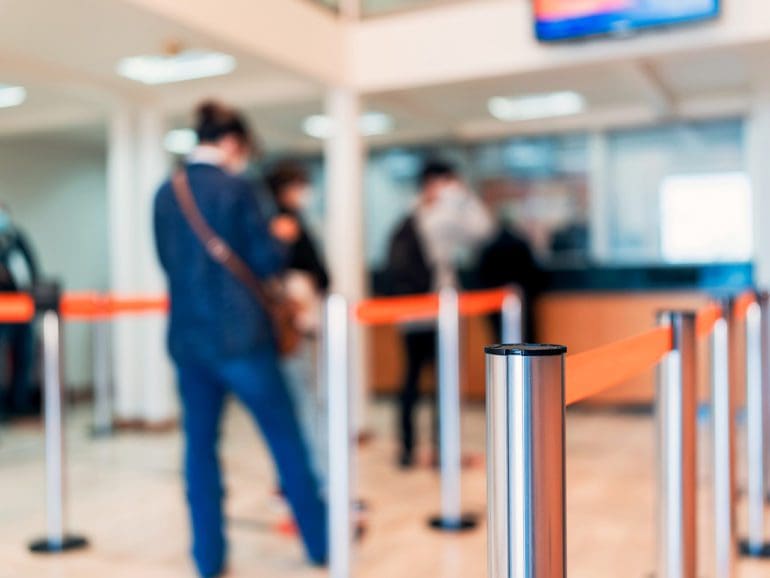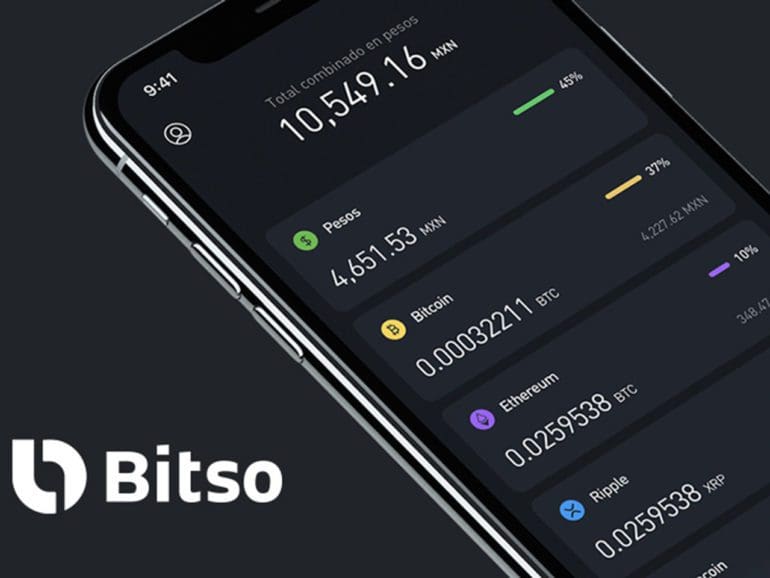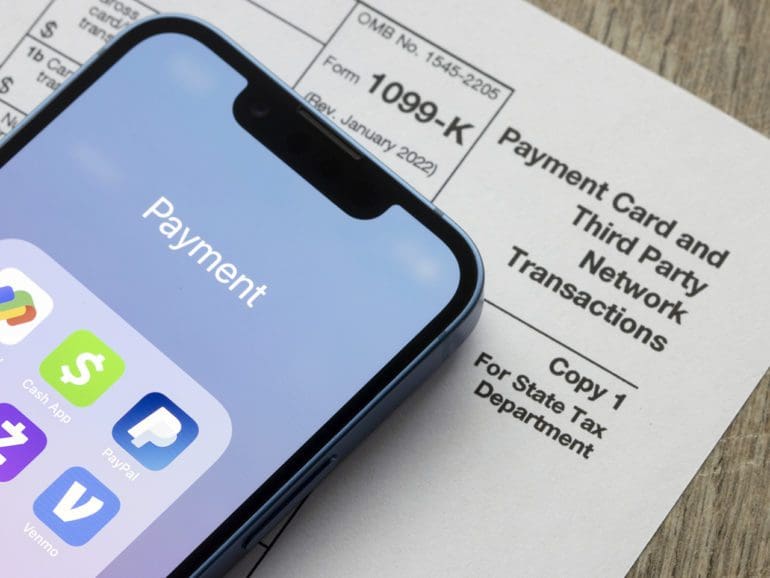In Latin America, regulators have shown a growing interest in the technology that powers cryptocurrencies to promote financial inclusion.
JoinedJun. 9, 2022
Articles219
David is a Latin American journalist. He reports regularly on the region for global news organizations such as The Washington Post, The New York Times, The Financial Times, and Americas Quarterly.
He has worked for S&P Global Market Intelligence as a LatAm financial reporter and has built expertise on fintech and market trends in the region.
He lives in Buenos Aires.
Diego Fleischmann co-founded Migrante in 2018, a Chilean fintech aimed at providing financial services to immigrants and the underbanked.
After almost a year in the back seat, the fintech law in Chile is now approved in Congress.
The case is especially worrisome for startups that offer payment services, such as digital wallets.
Argentine neobank Ualá announced it was moving into the segment, partnering with Mexican incumbent ABC Capital.
Structural digitization gaps in Latin America's business sector will likely lead to long-term value for fintechs providing the necessary infrastructure, according to U.S. growth equity firm Riverwood Capital.
Can a retail bank offer a motorcycle to its clients? Might a fintech sell furniture or tennis shoes while providing financing?
Despite the crypto-winter, Mexican cryptocurrency unicorn Bitso is expanding its reach in Latin America, and they added a QR code feature.
Progress in open banking regulation in the region is paving the way for new business models to emerge in the wake of greater financial data integration and growing fintech infrastructure.
Argentina's fintech unicorn Ualá will invest $150 million over the next 18 months to boost its digital banking endeavors in the region.




